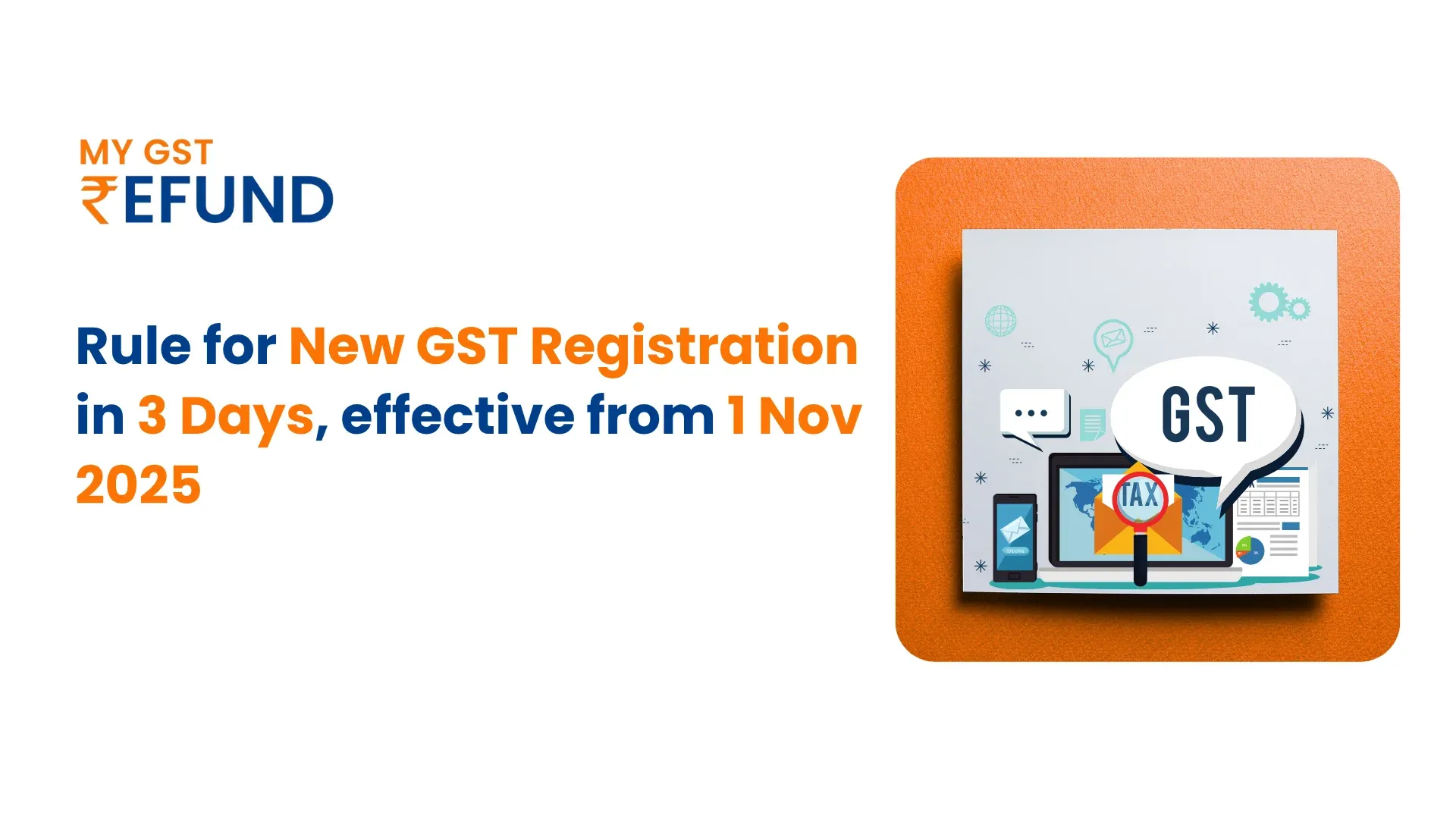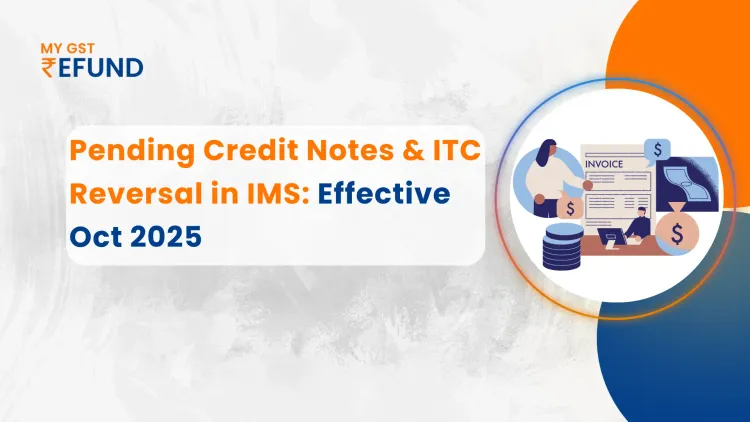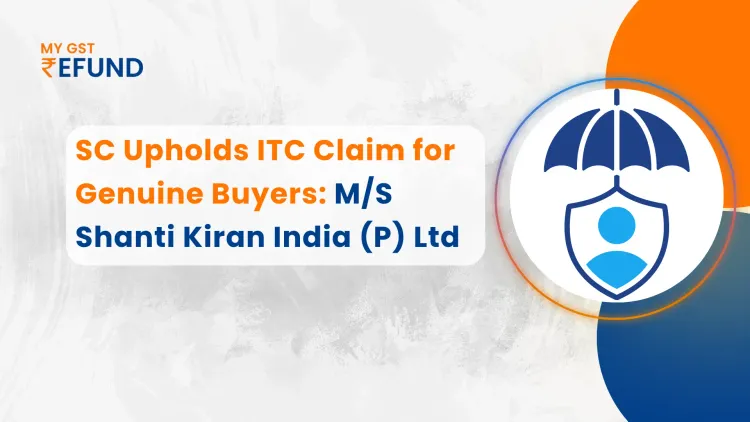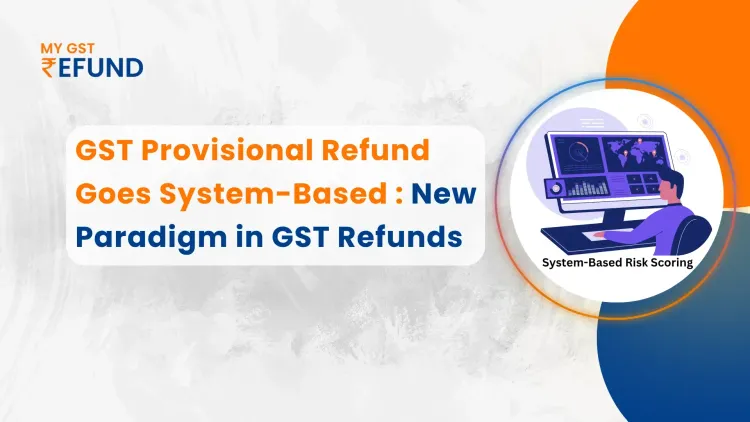Rule for New GST Registration in 3 Days, effective from 1 Nov 2025
Did you know GST registration can now be done in just 3 days? From 1st November 2025, low-risk small businesses and professionals can get GST registration quickly. Here’s a quick look at this major update.
CBIC Introduces Rule 9A & 14A for Faster GST Registration of Small Taxpayers
CBIC vide Notification No. 18/2025 - Central Tax dated 31st October 2025 has taken another step toward simplifying GST compliance for small taxpayers. The introduction of Rule 9A and Rule 14A (Fourth Amendment rule in 2025) under the CGST Rules marks a major change in how small businesses obtain GST registration- reducing the approval time from weeks to just 3 working days.
This move aligns with the government’s broader vision of Ease of Doing Business and aims to support small and medium enterprises (SMEs) facing delays in starting their operations due to pending GST Registration approvals.
1. What Has Changed?
Until now, many small businesses struggled with Long GST registration timelines, often waiting 7–10 days or more for approval. The new notification changes this.
Under Rule 9A and Rule 14A, eligible taxpayers can now receive GST registration within 3 working days from the date of filing the application electronically on the GST portal.
This will not only speed up business onboarding but also reduce dependency on manual verification and officer intervention, as approvals will be largely automated.
2. Who Qualifies Under This Fast-Track Scheme?
The faster GST Registration process is meant for small taxpayers meeting specific output tax liability conditions.
To qualify, the total monthly tax liability on the supply of goods or services -or both- should not exceed ₹2,50,000, including:
- CGST
- SGST/UTGST
- IGST
- Compensation Cess
This limit ensures that the benefit targets genuinely small businesses rather than large enterprises.
3. Who Can Qualify Based on Tax Liability
4. Coverage of Transactions
The new provisions clearly outline the scope of coverage based on the type of transaction:
A. B2B Transactions (Registered to Registered) having a capping of tax liability up to 2,50,000/-
B. B2C Transactions: Supply made to Customers (unregistered under GST) – No Capping
C. Export Transactions – No Capping
D. Import of Goods/Services – No Capping
5. Automated Mechanism for GST Registration
The most significant aspect of this update is automation. GST registration under this new rule will be processed through an automated system, relying on:
Data analysis from PAN and GST databases
Risk parameters determined by CBIC’s analytics models
There is no physical verification required in most cases, unless flagged for discrepancies
6. Impact on Small Businesses and Startups
Many small businesses earlier faced operational hurdles - unable to issue tax invoices or file returns while waiting for registration approval. The new rules remove that barrier entirely.
7. Risk and Compliance Considerations
While the process is faster, the CBIC has built risk-based safeguards into the system.
Taxpayers must ensure that the information furnished in the application is accurate and consistent with PAN and business data.
Any mismatch or misrepresentation could:
- Lead to rejection or suspension of registration, and
- cause penalties or further scrutiny under the GST law.
Hence, even with automation, maintaining proper documentation and compliance discipline remains essential.
Conclustion
The CBIC’s Notification No. 18/2025–Central Tax, introducing Rule 9A and Rule 14A, is a welcome change for India’s small taxpayers. It brings speed, transparency, and trust into the GST registration system while supporting the government’s long-term digital compliance roadmap.
Frequently Asked Questions
1. What is the new timeline for GST registration?
Eligible small taxpayers will receive GST registration approval within three working days from filing their online application, effective from 1 November 2025.
2. What is the eligibility limit?
Total output tax liability must not exceed ₹2.5 lakh per month, including all GST components.
3. Is this based on turnover or tax?
It’s based on monthly output tax liability, not turnover, though turnover varies with tax rate.
4. Can exporters and importers apply?
Yes. Both export and import transactions are covered with no capping on tax liability.
5. Is the approval process manual?
No. The system is automated, using PAN and GST database analytics for verification.
6. What happens if false information is given?
Registration may be rejected or cancelled, and penalties may apply under GST law.
Related Posts






